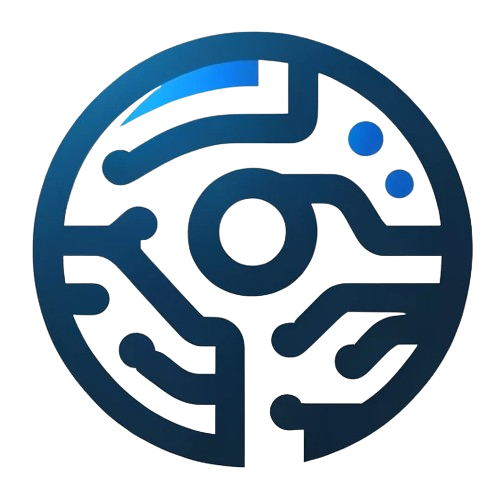The final frontier is becoming more accessible and comprehensible thanks to the advances in artificial intelligence (AI). From analyzing vast amounts of astronomical data to simulating cosmic phenomena, AI is playing a pivotal role in unraveling the mysteries of the universe. This blog post delves into how AI is aiding cosmic studies, highlighting key contributions from renowned scientists, cutting-edge AI tools, and the technologies shaping the future of space exploration.
AI in Cosmic Discovery and Observation
AI’s ability to process and analyze large datasets is particularly valuable in astronomy, where data from telescopes and space missions are vast and complex.
Notable Contributions
- Stephen Hawking: Before his passing, Hawking collaborated on projects utilizing AI to analyze data from radio telescopes to identify signs of extraterrestrial life. His endorsement of AI in cosmic research underscored its importance in advancing our understanding of the universe.
- Jill Tarter: Known for her work at the SETI Institute, Tarter has advocated for the use of AI to sift through the massive data sets collected by radio telescopes in search of signals from other civilizations.
AI Tools and Technologies
- Machine Learning Algorithms: Tools like TensorFlow and PyTorch are used to classify galaxies, predict cosmic events, and even detect distant exoplanets from light curves captured by telescopes.
- Neural Networks: These are employed to process images from space, enhancing features and identifying celestial bodies in unprecedented detail. For instance, neural networks have been used to refine data from the Hubble Space Telescope, providing clearer views of galaxy formations.
- AI-Enhanced Simulations: Simulating the complex dynamics of cosmic phenomena, such as black hole collisions or star formation, requires immense computational power. AI accelerates these simulations, making them both faster and more accurate.
AI’s Role in Space Missions
AI is not only revolutionizing how we study the cosmos from Earth but also how we explore space.
- Autonomous Navigation: AI systems in spacecraft can analyze environmental data in real time to navigate and make decisions without the need for constant guidance from Earth. NASA’s Mars rovers, like Curiosity and Perseverance, use autonomous navigation technologies to traverse the Martian landscape safely.
- Data Management: Space missions generate an enormous amount of data. AI helps in filtering out the noise and extracting valuable information, which is crucial for missions where time and bandwidth are limited.
Future of AI in Cosmic Studies
Looking forward, the integration of AI in cosmic studies is expected to deepen.
- The James Webb Space Telescope (JWST): Scheduled for operation, JWST will rely on AI to process its observations of the universe, providing insights into the formation of galaxies, stars, and planets.
- Interstellar Probes: AI could play a critical role in future missions aimed at exploring interstellar space, handling the challenges of long-duration travel and autonomous decision-making in environments far from Earth.
Challenges and Ethical Considerations
Despite the promise, the use of AI in space exploration presents challenges, including:
- Dependency: Relying heavily on AI could lead to challenges if systems fail or behave unpredictably.
- Data Privacy and Security: Ensuring the security of AI systems against cyber threats is crucial, especially in missions that might encounter or collect sensitive information.
Conclusion
AI is not just transforming our approach to cosmic study; it’s expanding the very horizons of what’s possible in space exploration. By automating data analysis, enhancing simulation accuracy, and enabling autonomous navigation, AI is helping us understand and explore the universe in ways we never thought possible. As we stand on the brink of new discoveries, AI is our partner in the cosmic journey, pushing the boundaries of human knowledge and capability.

